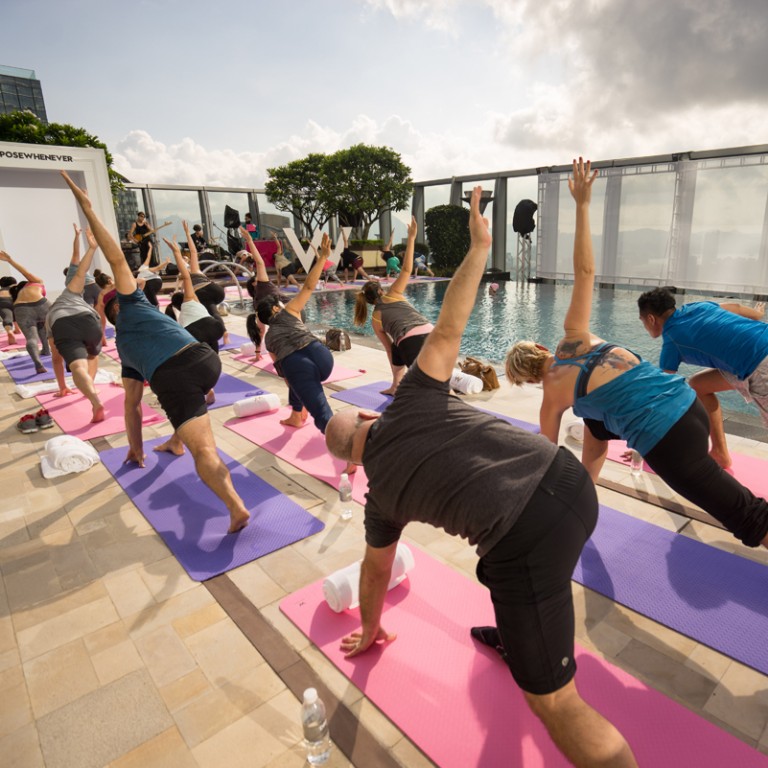Yoga strengthens the body and calms the mind – but are people practising it for the wrong reasons?

If you ask those joining one of the city’s yoga classes why they practise, the reason will most probably be to get fit. So much focus has been put on the discipline’s physical benefits that it is even being seen as a jetlag or hangover cure.
Celebrity yogi Tara Stiles, for example, has created her own Strala Yoga system which promises a modern spin on the 5,000-year-old practice. She has been so successful that she has been offered book deals, a product line with Reebok, and an invitation from former United States president Bill Clinton to support an initiative to combat childhood obesity.

But it is also a well-known fact that yoga has its spiritual side – so why is so much attention being put only on what it does for the body?
“There is nothing wrong with approaching yoga as a physical exercise at first,” says Victor Chau, co-founder of Avocado Development. “For most people, it’s a lot easier to understand how our body works before tapping into [our] mind.”
He thinks that hangover cure or not, anything that encourages people to do yoga is a good thing. But he also points out that those “cures” are merely positive side effects and not the true benefits.
There doesn’t appear to be any doubt that certain types of yoga can make one stronger physically – but some people believe focusing on just that can be dangerous.
Melanie B, owner of Yoga BamBam on Pound Lane in Sheung Wan, says: “Advanced poses are like the proverbial carrot for those students who need to set challenges and goals for themselves.
“I don’t consider a person a true yogi if they are not vegetarian or if they don’t have a meditation practice.
A strong body with an unruly mind can be a dangerous combination.” She says an advanced practitioner aims for a healthy body and a peaceful mind.
That opinion is shared by Paveena Atipatha, regional yoga director for Pure Yoga. She points out that one of the immediate effects of yoga is that you can focus on your practice and let go of everyday worries while you are in the studio. The second step, she continues, is what happens “off the mat”.